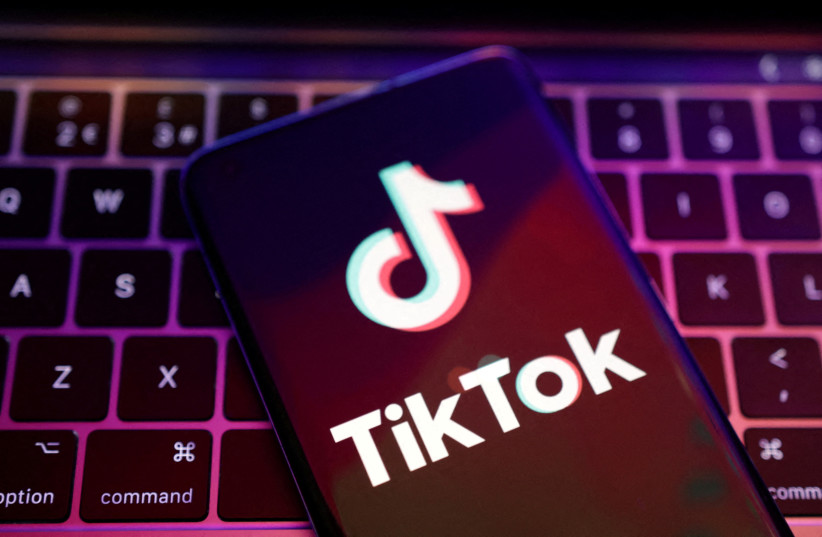In a report issued ahead of International Women's Day this coming Friday, Israeli tech nonprofit CyberWell sounded the alarm on worrying social media trends denying the sexual atrocities and rapes committed by Hamas terrorists against Israelis on October 7.
CyberWell is an Israeli firm that uses AI to monitor, analyze, and combat antisemitism on social media platforms. The nonprofit analyzed posts created and shared across the various social media platforms and came to alarming conclusions that antisemitism and rape culture were being bolstered following the October 7 attacks.
As part of their report, CyberWell analyzed approximately 135 social media posts that reached more than 15 million users and found that these posts denied atrocities committed by Hamas. CyberWell criticized the conduct of social media platform moderators, claiming that they are not doing enough to flag and remove posts that deny the flagrant weaponization of sexual violence and rape by Hamas against Israeli women and children on October 7.
Increasing responsibility on social media platforms
In a statement, CyberWell's Founder and Executive Director Tal-Or Cohen Montemayor, highlighted the responsibility of social media platforms to combat hate, denial, and rape culture.
“Social media platforms must be a safe space for women – all women – and not promulgate voices that deny the experiences of victims of sexual assault and applaud their abusers – in this case, Hamas terrorists," she said.
"Platforms must equally enforce their existing hate speech and sexual violence policies, recognize denial of October 7 sexual assault as prohibitive content, and remove these posts at scale.”

What was even more concerning, as well as damning, was the proof of documentation by Hamas terrorists when they massacred southern Israel - and the blatant denial of filmed footage on social media. Cohen Montemayor elaborated that “despite Hamas terrorists documenting their atrocities and live streaming and uploading videos and photos onto social media platforms, extremists on social media quickly began denying the very fact of the sexual assault – narratives that gained traction and continue to be spread online today."
Analysis of six major trends
As part of their report, CyberWell concluded on six key narrative trends that encompassed the denial of sexual violence on social media. Among these are claims that no rape survivors have come forward to testify to their experience, meaning that the assaults never happened, survivors and first responders that testified are lying, Israel is falsely accusing Hamas of rape to justify the invasion of Gaza, Hamas members are devout Muslims that could never rape women, and that Israelis raped their own citizens, not Hamas.
To analyze trends of denial and antisemitism on social media platforms, CyberWell uses AI to monitor posts that violate the International Holocaust Remembrance Alliance (IHRA) definition of antisemitism and work to guide social media platforms to improve content moderation.
CyberWell provided a breakdown of the various social media platforms. From the 135 posts analyzed for denial of sexual violence on October 7, 49% were posted to X, 27% were posted to Facebook, 13% were posted on TikTok, and 6% were posted on Instagram. CybeWell analyzed posts in English and Arabic.
The role of moderators to report hateful content
When moderators happened to come across antisemitic or hateful posts, moderators responded by removing approximately 24% of flagged posts on Facebook, 12.5% on TikTok, and just under 4% on X.
Much of these findings come in light of the upcoming International Women's Day and Women's Month in March, as well as continuous reports of the sexual atrocities committed by Hamas. This includes the recent report by the United Nations Special Representative of the Secretary-General on Sexual Violence in Conflict, who on Monday reported that there is confirmed evidence that victims on October 7, as well as hostages held by Hamas, were raped and sexually abused by Hamas terrorists.
